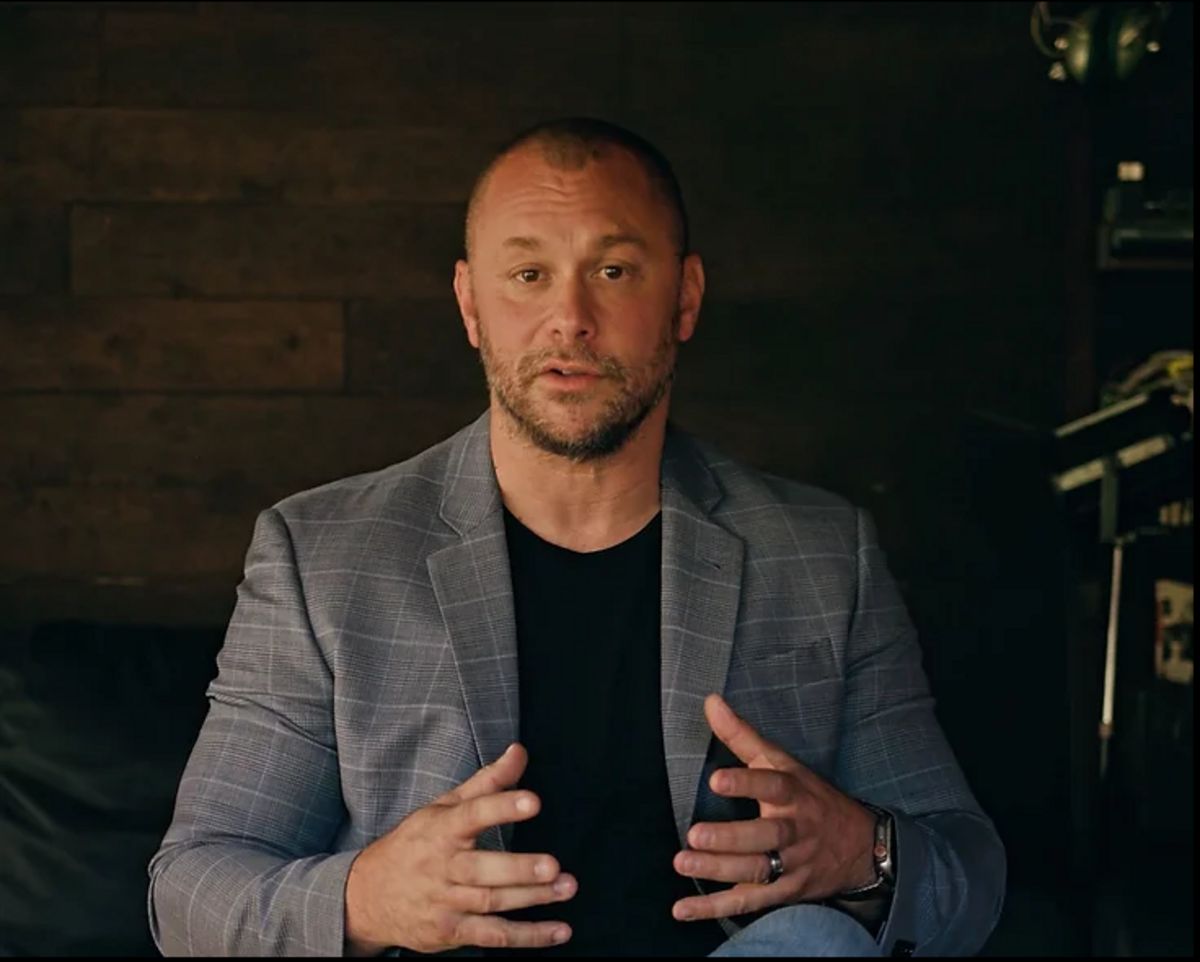People think opening a bar or restaurant is easy. They drive by, see a packed house, and assume it’s a license to print money. They look at the crowd, the drinks flowing, the music blasting, and think, “These guys are killing it.”
What they don’t see are the bills stacked higher than the bar tabs; the payroll bleeding out the back door; the food costs chewing margins down to dust. They see the two golden hours on a Friday night, not the dead Tuesdays where the only sound is an ice machine humming. They see three nights slammed, not the other four when you’re praying for bodies in seats.
From the sidewalk it looks like a cash machine. But from the inside it’s a slow bleed, a grind that eats savings, time, and sanity. That illusion is why so many people throw themselves into this business with blind optimism. And it’s why most of them end up broke, bitter, and wondering what the hell just happened.
We’ve been on both sides of it. With decades in the business, we’ve lived it, consulted on it, and yeah, even been dragged onto good and bad reality shows. Those shows mostly suck, but here’s the kicker: the only thing they actually get right is the obvious waste and the obvious neglect. Everything else is manufactured drama. But the busted ice machines, clueless owners, and cash hemorrhaging night after night? That part is all too real.
The key to everything comes in “the why”. Oftentimes “the why” starts with a lie, not a malicious bad intentioned lie, a different type of lie. And it makes all the difference in whether or not a bar will succeed.
The Lies People Tell Themselves
Lie #1: “It’s simple.”
Math is math, right? Buy a beer for $2, sell it for $7. A burger patty costs $2.50, the bun another $0.50, toppings maybe $0.25. You flip it for $12. Easy money.
Except it isn’t. That’s arithmetic, not business.
Upgrade to a paid Full Book subscription to read the rest.
Become a paying subscriber of Full Book to get access to this post and other subscriber-only content including all of our Friday Deep Dives.
Upgrade


